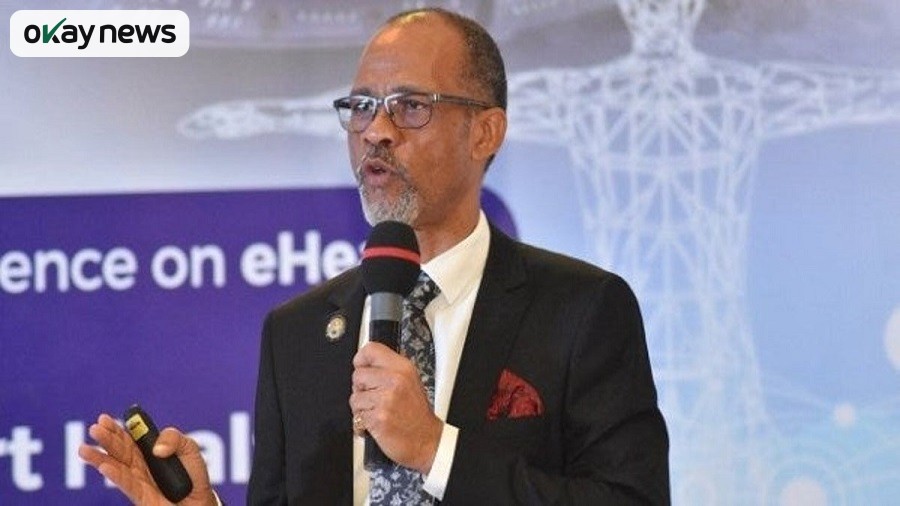Lagos State has projected that it could unlock more than N400 billion annually for healthcare financing if at least 20 million residents enroll in its compulsory health insurance system.
The estimate, according to officials, reflects the financial scale needed to stabilise and modernise the state’s overstretched health sector.
The Commissioner for Health, Prof. Akin Abayomi, presented the projection during the launch of the Lagos Private Health Partnership (LPHP) on Wednesday, November 19, 2025. He said the figure is based on an average annual premium of N20,000 per enrollee.
Abayomi explained that mass participation is key to building a sustainable risk-pooling structure capable of delivering equitable care. He noted that despite Lagos’ population of more than 25 million and its economic dominance, the state continues to face low insurance uptake, limited funding, and rising medical workforce attrition.
LPHP is designed as a unified public–private health financing framework intended to replace years of fragmentation in the insurance marketplace. Abayomi described the previous environment as one characterised by price undercutting, access restrictions, and weakened trust among service providers and insurers.
Under the new model, Lagos will operate a digital marketplace for enrollment, provider selection, fund flow and claims management. The commissioner said the platform enforces transparency and accountability while shifting competition toward value-driven outcomes through standardised benefit packages monitored by HEFAMAA.
The scheme forms part of the compulsory insurance mandate under the Lagos State Health Scheme (LSHS), known as Ìlera Èkó. The mandate, established through an Executive Order signed by Governor Babajide Sanwo-Olu in July 2024, requires every resident and employer to enroll in either the state-run scheme or an accredited private insurer to access non-emergency public healthcare.
Abayomi said enforcement will begin after a six-month sensitisation period, aligning with the state’s plan to deepen financial protection and cross-subsidisation. LPHP will also introduce a risk equalisation and solidarity fund, requiring private insurers to contribute 13% of premiums toward vulnerable households and emergency response systems.
Representing the governor, Secretary to the State Government Abimbola Salu-Hundeyin described the LPHP as a historic step toward building a resilient, future-focused financing architecture. She said the model is a direct outcome of Lagos’ domestication of the NHIA Act 2022, which seeks to scale compulsory health insurance nationwide.
The governor’s office stressed that the reform will strengthen private health service delivery, which accounts for more than 70% of healthcare access in Lagos. A population-based enrolment system for private-sector employees has also been introduced to improve risk distribution and widen affordable coverage options.
Stakeholders including LASHMA Chair Dr. Adebayo Adedewe and HCPAN adviser Dr. Jimi Arigbabuwo welcomed the reforms, describing them as long overdue. They urged the state to ensure transparent compensation systems to support long-term provider sustainability.
The expansion comes at a time when inflation, rising drug prices and increasing hospital costs have pushed insurance premiums higher nationwide. Between 2024 and 2025, premiums rose by 8% to 59% across various plans, placing additional financial pressure on households.







